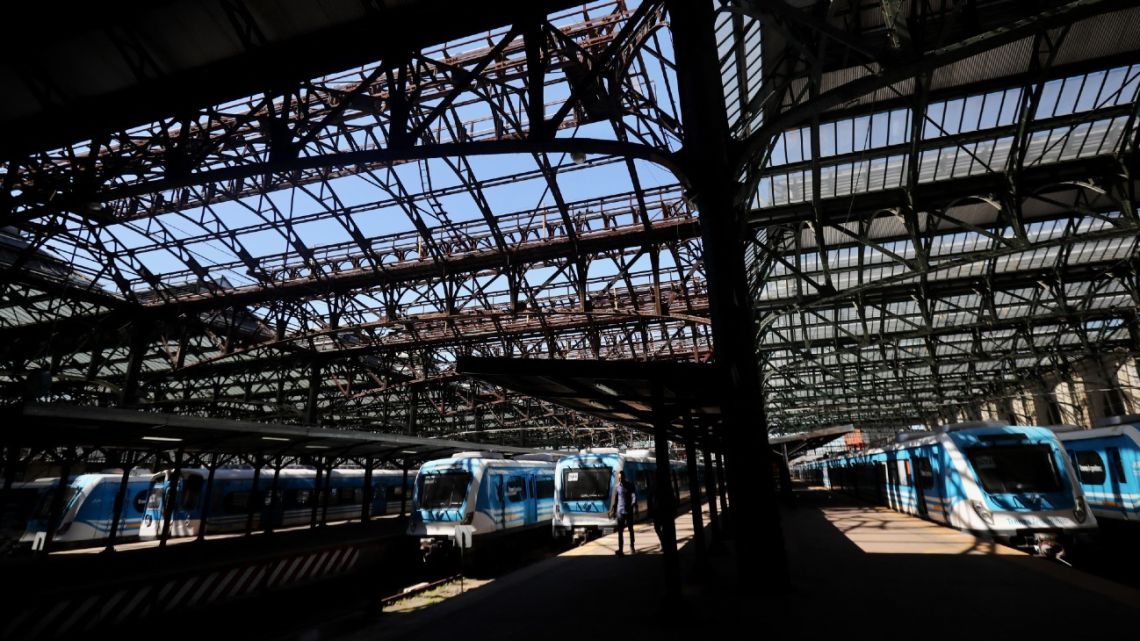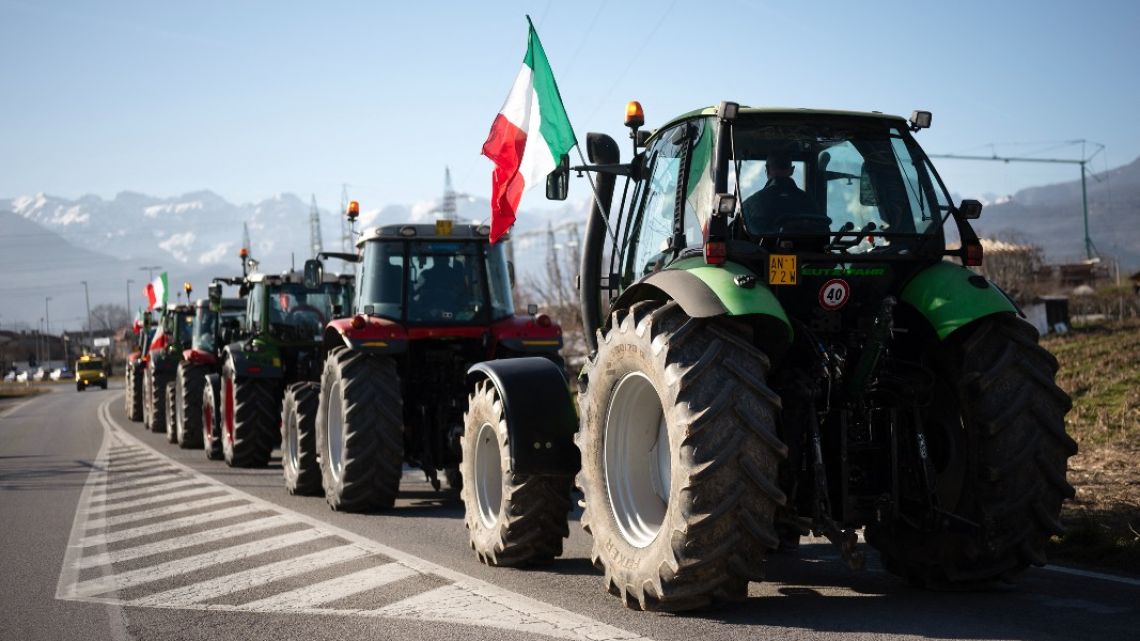In a move that has sent shockwaves through Guinea’s political establishment, the military-led government has announced the dissolution or suspension of nearly half the country’s political parties.
This sweeping action, which follows a comprehensive evaluation of 174 registered parties, has reshaped the nation’s political arena overnight.
The Ministry of Territorial Administration, which conducted the assessment, found widespread non-compliance with legal requirements.
As a result, 53 parties have been dissolved outright, while another 54 have been placed under a three-month observation period. Strikingly not a single party fully met the established criteria.
The reasons for these drastic measures vary. Some parties lacked valid registration or proper bank accounts, while others failed to hold required congresses or maintain transparent financial records.
 Guinea’s Political Landscape Undergoes Dramatic Transformation. (Photo Internet reproduction)
Guinea’s Political Landscape Undergoes Dramatic Transformation. (Photo Internet reproduction)Even long-established parties, some dating back to the early 1990s, fell short of basic operational standards. Major opposition groups now find themselves in a precarious position.
Political Turbulence in Guinea
The Rally of the Guinean People, Union of Democratic Forces of Guinea, and Union of Republican Forces must address identified issues promptly or face potential suspension.
These parties can continue operations for now, but the clock is ticking on their three-month grace period. This political overhaul is unfolding against the backdrop of military rule in Guinea.
Colonel Mamady Doumbouya seized power in September 2021, ousting then-President Alpha Condé following his controversial third-term victory.
Critics view the party purge as a strategic move to sideline influential opposition figures, many of whom, like Cellou Dalein Diallo and Sidya Touré, remain in exile.
The situation has drawn the attention of regional bodies, with the Economic Community of West African States (ECOWAS) continuing to push for a return to civilian rule.
Elections are scheduled for 2025, but the path to democratic governance remains uncertain. Guinea’s approach differs somewhat from other military regimes in the region.
The junta maintains engagement with ECOWAS and has banned transitional leaders from participating in the new government. However, concerns persist about the true intentions behind these political reforms.
As Guinea navigates this critical period, the actions of the military government will shape the country’s future. The response of civil society and the engagement of international actors will play crucial roles in determining Guinea‘s democratic trajectory.
The coming months will reveal whether this political restructuring leads to a more stable democracy or further consolidates military control.
For now, Guinea’s people watch closely, hoping for a path that balances political stability with genuine representation and democratic freedoms.

 By The Rio Times | Created at 2024-10-30 21:53:29 | Updated at 2024-10-31 01:31:18
3 hours ago
By The Rio Times | Created at 2024-10-30 21:53:29 | Updated at 2024-10-31 01:31:18
3 hours ago



